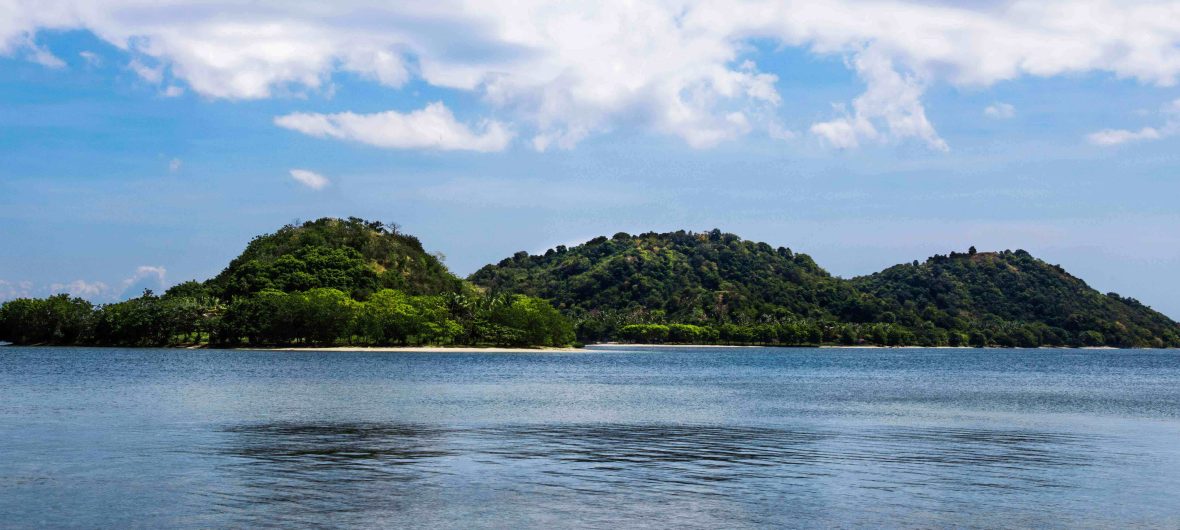SORCE – the Sustainable Oceanic Research, Conservation & Education initiative was founded in 2016 and registered as a UK Community Interest Company in May of 2018. It is an initiative providing a climate for ecological awareness within both local and international communities. Through our projects, we seek to find sustainable ways to both restore and conserve biological hotspots with the support of local communities.
SORCE is a Non-governmental Organisation (NGO) and Community Interest Company (CIC) meaning that all of the work we do is not for profit. Since we operate as a non-profit organisation all of the money received through fundraising, donations, grants, and commercial activity is funneled back into our initiatives and the running of our research and conservation facility. This means that we are able to make the biggest impact possible with the resources we have at our disposal.
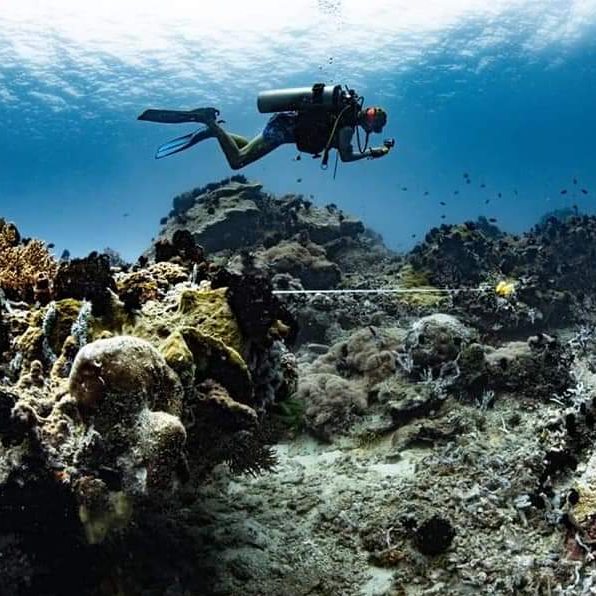 Scientific research is at the core of everything we do – it is an essential tool that directs and drives forwards our conservation work. We believe that a foundation of scientific knowledge is essential for successful conservation. Not only does this allow us to stay up to date with the methods we are employing and contribute to the global font of understanding within this field, but it also allows us to monitor our projects to ensure that they are as effective as possible. By ensuring that we use research and scientific application in this way we can make sure that our conservation projects are at the forefront of the marine conservation movement.
Scientific research is at the core of everything we do – it is an essential tool that directs and drives forwards our conservation work. We believe that a foundation of scientific knowledge is essential for successful conservation. Not only does this allow us to stay up to date with the methods we are employing and contribute to the global font of understanding within this field, but it also allows us to monitor our projects to ensure that they are as effective as possible. By ensuring that we use research and scientific application in this way we can make sure that our conservation projects are at the forefront of the marine conservation movement.
Whilst we are a UK-registered organisation, we are primarily based at our research and conservation facility in Lombok, within the Archipelago of Indonesia. This region is within the Coral Triangle and the Wallacea biodiversity hotspot, meaning that it is a vitally important priority area for marine conservation. Not only is it highly abundant but it is also one of the most biodiverse marine regions on the planet.
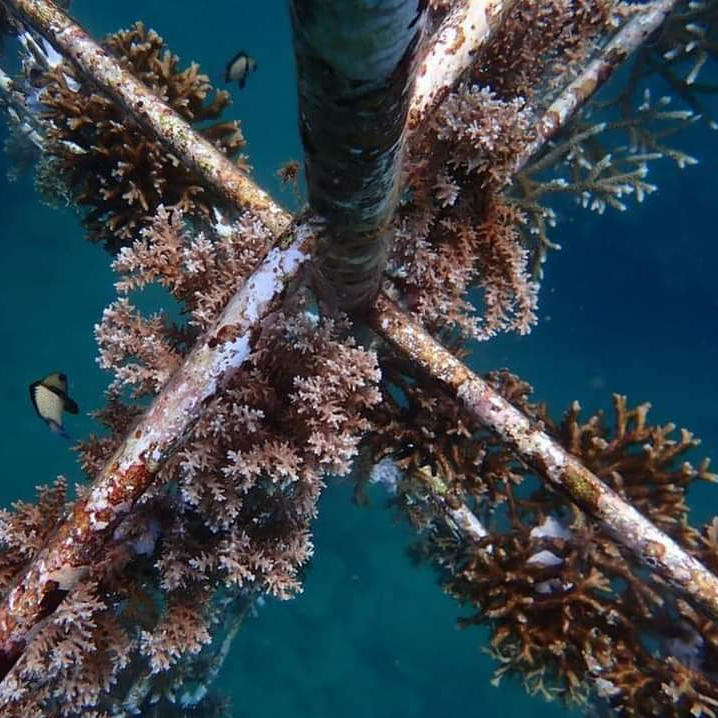 As a marine conservation group, our primary objectives focus on the research, conservation, and restoration of coral reef ecosystems. There are 798 species of corals found worldwide, 76% of which are found in the coral triangle, where we are based. The coral triangle is a region of exceedingly high coral diversity – hence its name. Within the coral triangle, there are three of the world’s thirty-five biodiversity hotspots (the Philippines, Sundaland, and Wallacea), regions that have been labeled as priority areas for conservation due to the higher-than-average number of species residing there. However, these biological hotspots cover less than 0.02% of the ocean despite holding over 25% of the world’s fish biodiversity. The coral triangle supports over 100 million people directly, most deriving a large proportion of their animal protein from the reefs and reef fishes within the coral triangle valued at over US$3 billion. Yet despite the importance of these ecosystems, it is estimated that 50% of reefs worldwide are threatened. Unfortunately many species of coral have not been studied extensively, so their conservation status is currently unknown. Of the 22 species of corals that have been listed as threatened or endangered, 15 species are found in the coral triangle and 3 of them are endemic meaning that they are found in no other locations throughout the world.
As a marine conservation group, our primary objectives focus on the research, conservation, and restoration of coral reef ecosystems. There are 798 species of corals found worldwide, 76% of which are found in the coral triangle, where we are based. The coral triangle is a region of exceedingly high coral diversity – hence its name. Within the coral triangle, there are three of the world’s thirty-five biodiversity hotspots (the Philippines, Sundaland, and Wallacea), regions that have been labeled as priority areas for conservation due to the higher-than-average number of species residing there. However, these biological hotspots cover less than 0.02% of the ocean despite holding over 25% of the world’s fish biodiversity. The coral triangle supports over 100 million people directly, most deriving a large proportion of their animal protein from the reefs and reef fishes within the coral triangle valued at over US$3 billion. Yet despite the importance of these ecosystems, it is estimated that 50% of reefs worldwide are threatened. Unfortunately many species of coral have not been studied extensively, so their conservation status is currently unknown. Of the 22 species of corals that have been listed as threatened or endangered, 15 species are found in the coral triangle and 3 of them are endemic meaning that they are found in no other locations throughout the world.
This biological hotspot, therefore, holds significant importance for both global biodiversity and food security, making it an ideal place for our long-term marine research and conservation facility.
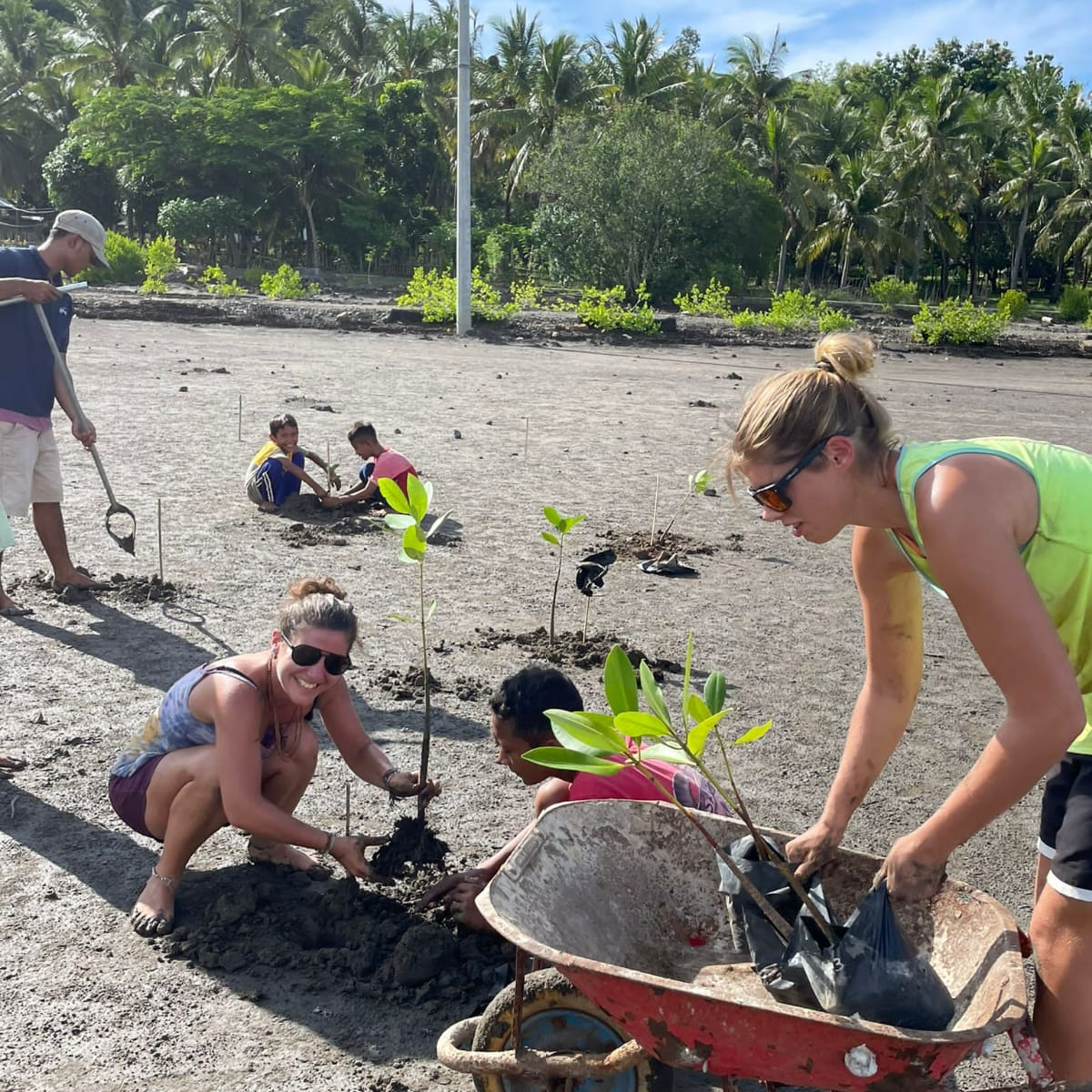 However, whilst research and conservation are at the core of what we do, neither would be possible without the backing and engagement of the local community in which we reside. We believe that for conservation to be effective in the long term the local community must support it. It is essential that the local people and their government take ownership of the conservation efforts so that they can be protected and continued for years to come. However, in order for this to be possible, they must first understand what we are doing, and crucially, why we are doing it. For this reason, we work endlessly to bridge the divide in culture so that we can come together and collaborate with local peoples for the preservation and restoration of the environment. We have local partners at all levels, from village schools and small community groups to larger charities and governmental departments. Through these relationships, we are able to run a number of outreach, engagement, and education initiatives that help to further our mission here for marine protection.
However, whilst research and conservation are at the core of what we do, neither would be possible without the backing and engagement of the local community in which we reside. We believe that for conservation to be effective in the long term the local community must support it. It is essential that the local people and their government take ownership of the conservation efforts so that they can be protected and continued for years to come. However, in order for this to be possible, they must first understand what we are doing, and crucially, why we are doing it. For this reason, we work endlessly to bridge the divide in culture so that we can come together and collaborate with local peoples for the preservation and restoration of the environment. We have local partners at all levels, from village schools and small community groups to larger charities and governmental departments. Through these relationships, we are able to run a number of outreach, engagement, and education initiatives that help to further our mission here for marine protection.
To find out more about the research, conservation, and education programs that we run please visit our INITIATIVES PAGE.
Alternatively, click HERE to find out how you can get involved.
